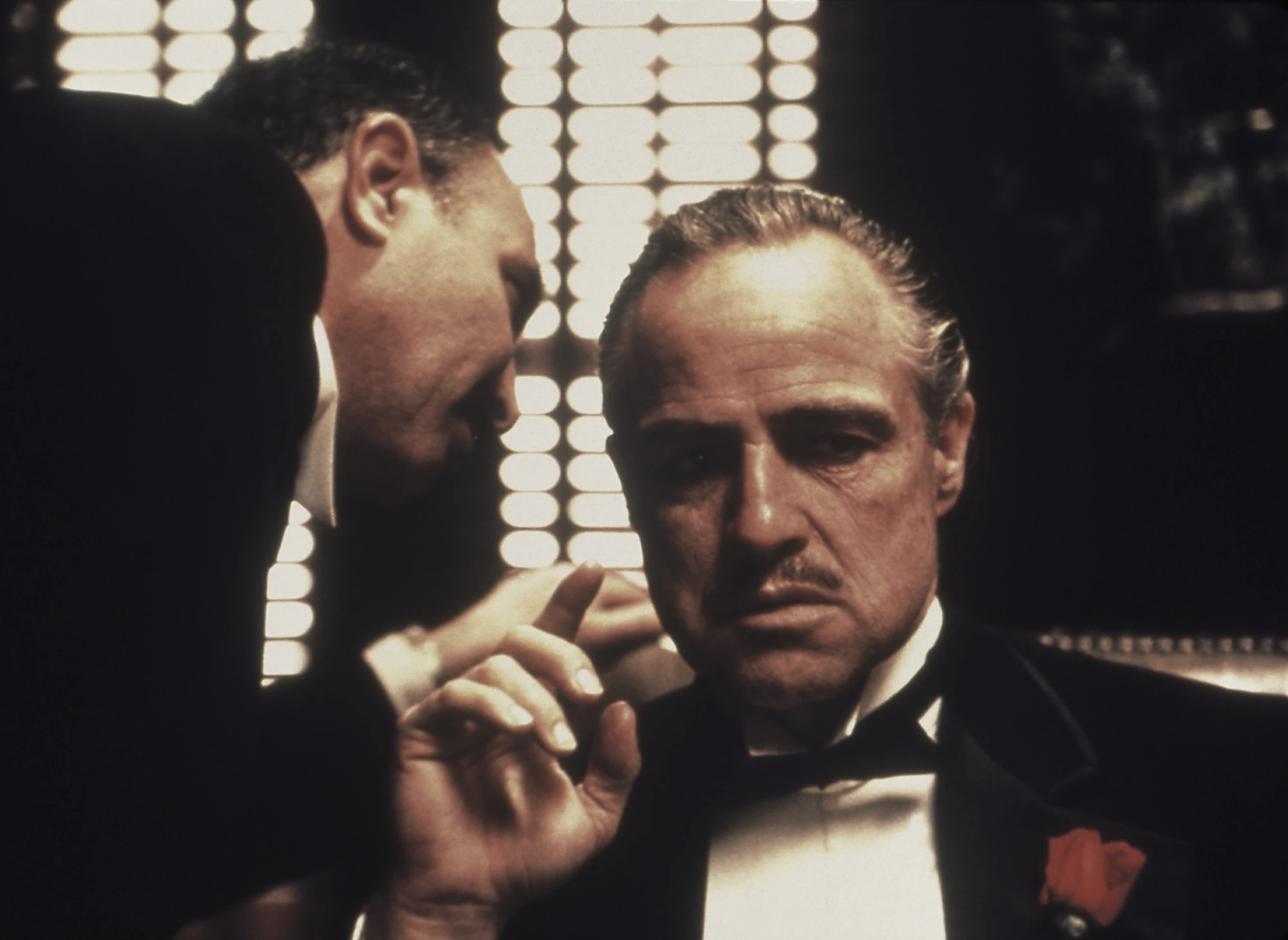|
ALL TRAVEL LIFE CULTURE STYLE TECH Türkçe |
Movies That Changed Cinema HistorySome movies not only break box office records, but also leave a permanent mark on the history of cinema.
Cinema is a magnificent area where art and technology meet and cultures interact. 1. “The Great Train Robbery” (1903) Director: Edwin S. Porter Importance: This film is a milestone in the development of the language of cinema. As one of the first examples of cinematographic narration, this film laid the foundations of storytelling in cinema. For the first time, it showed the audience an event from beginning to end using camera angles, fictional narration and special effects. With this film, cinema ceased to be a mere visual show and became a narrative art. 2. “Nosferatu” (1922) Director: F. W. Murnau Importance: One of the most well-known examples of German Expressionism, "Nosferatu" is one of the first important works of horror cinema. Inspired by Bram Stoker's "Dracula", this film took an important step in terms of creating cinematic atmosphere and expressive power. It laid the foundations of the Gothic horror genre and created a template for how horror cinema should be. 3. “City Lights” (1931) Director: Charlie Chaplin Importance: Although this silent film was shot during the transition to sound cinema, it demonstrated the power of silent film. This film, which Chaplin blended with comedy and social commentary, proved the emotional depth of cinema and its power to affect the audience. It also showed Chaplin's dedication to his art and that silent film still retained its narrative power. 4. “Citizen Kane” (1941) Director: Orson Welles Importance: Perhaps the most discussed and praised film in the history of cinema. Welles revolutionized camera techniques, editing, and storytelling. With its deep-focus shots, camera movements, and narrative structure, "Citizen Kane" showed that cinema could be a means of artistic expression. This film symbolizes the birth of modern cinema.  5. “The Godfather” (1972)
5. “The Godfather” (1972)Director: Francis Ford Coppola Significance: Adapted from Mario Puzo's novel, this film has become one of the classics of the gangster genre. It is considered a masterpiece in terms of character development, screenplay, and cinematography. "The Godfather" delved into themes of family, loyalty, and power, demonstrating that cinema could provide social commentary beyond just entertainment. 6. “Star Wars” (1977) Director: George Lucas Significance: This film revolutionized the film industry by combining science fiction and adventure. It set new standards in special effects, world-building and branding. More than just a film franchise, "Star Wars" became a cultural phenomenon, pioneering the development of film technology and marketing strategies. 7. “Pulp Fiction” (1994) Director: Quentin Tarantino Significance: Tarantino reshaped cinema with his non-linear narrative, the importance of dialogue and pop culture references. "Pulp Fiction" proved the success of independent cinema and innovative narrative, while also encouraging the courage to take risks in filmmaking. This film showed how dynamic and variable modern cinema could be. 8. “The Matrix” (1999) Director: The Wachowski Brothers Importance: It pushed the boundaries of cinema with its innovations in visual effects (such as "bullet time"). "The Matrix" redefined the science fiction genre and drew a new roadmap for how techniques used in action films could be. It also offered the audience a different experience with its philosophical questions. 9. “Parasite” (2019) Director: Bong Joon-ho Importance: This South Korean film achieved great success worldwide by blending class conflicts with black humor and suspense elements. "Parasite" demonstrated the universality of the cinematic language and proved how effective foreign-language films can be by winning four awards at the Academy Awards, including Best Picture. These films showed that cinema is much more than just a means of entertainment, and that it is a powerful art form that can influence and even shape societies. As cinema continues to push the boundaries of storytelling, these works will continue to inspire us all. Source: Grok
|
Tweets by Kayip_Esya |


Lost Something | Found Something | Lost Items List | Unattended Items List Search Lost Item | Blog | Contact |

